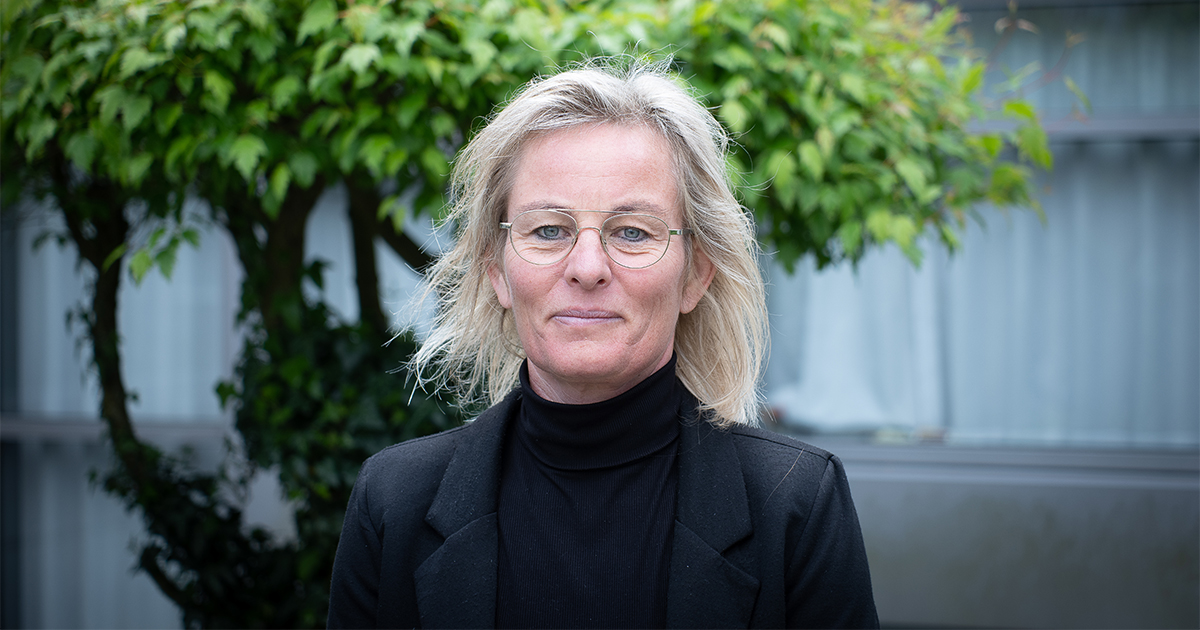
Women in research: Aglae Pizzone
On the occasion of the International Women’s Day on 8 March, please meet some of our women researchers from SDU and learn their perspectives on being a woman in research.
Aglae Pizzone
Aglae, pizzone@sdu.dkis a byzantinist with a training in classics. In her research she focuses on cultural history and history of the ideas. She is currently assistant professor in Medieval Literature at the Danish Institute for Advanced Study and senior researcher at the Centre for Medieval Literature at SDU, where she leads several projects funded by the EU, FKK, Carlsberg Foundation and NOS-H. After earning her PhD at the University of Milan and before joining SDU, she carried out research in France, the States, UK, and Switzerland.
There is a general notion that the research world is dominated by men. Do you accept this notion? And how have you yourself managed to build a career in a ‘man’s world’?
The situation is surely more balanced in the humanities; there are definitely many more women undertaking an academic career than, say, in STEM. However, precisely the larger female component makes the glass ceiling much more evident, as women in leadership positions, at the top of the academic ladder, women in the room where it happens, so to say, are dramatically fewer as compared to their initial cohort. Personally, I have not always felt this as an issue, as I was deluding myself into believing that gender would not create any bias, especially among professionals working in higher education. Throughout the years, experience proved me wrong. Just to mention an episode:
”Once, a senior colleague told me that the main reason why I was getting highly competitive grants was that I was a young woman.
once, a senior colleague told me that the main reason why I was getting highly competitive grants was that I was a young woman. That was definitely a tough wake-up call for me, especially because the statement was not motivated by any ill intention and yet, while supposedly asserting a fact, it conveyed instead a blatant example of systemic, unconscious bias.
Who are your biggest role models? Do you have someone you take example from?
Throughout my career I have had the chance to encounter women mentors who could inspire me a model of sustainable commitment to science and leadership. They motivated me to rethink the way I was building knowledge. If I have to name a name, there are no doubts that Prof. Margaret Mullett, whom I met when she was director of one of most prestigious institutions in my field, Dumbarton Oaks Research Library and Collection, a Harvard research center based in Washington DC, is the one I look up to. She taught me by example that passion for research can and must not be detrimental to other aspects of life and that strong leadership is grounded in collegiality.
What do you dream of achieving with your research?
As a scholar, I use to say that my highest ambition is to change the questions that are asked in my field. As a woman and a scholar, I aspire to create a healthy research environment, one mindful of larger issues such as work-life balance. Those are issues that I have encountered myself and had to work out on my own the hard way. As one of my most brilliant female colleagues uses to say: ‘We do not need to reinvent the wheel every time’. I therefore hope that my experience might encourage young women to pursue a career in academia and find creative solutions to go fetch their dreams.
